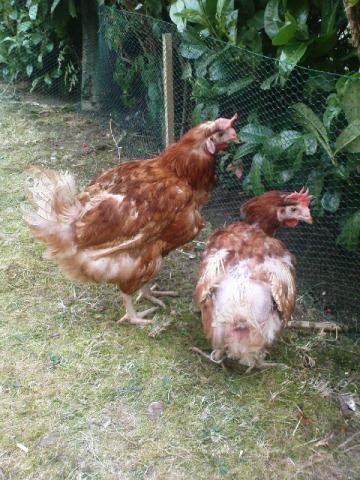
|
| Personal background |
|---|
Hello, My Name is Paul Savage and I live and work in the UK as a Voice Network Engineer. I am 34 years of age and I enjoy walking and camping with my partner Tracy, fly fishing, my cat Alfie and my ex-battery hens that we rescued.
I have SETI@home running on my computers at home. I have a really old AMD machine which crunches it way through not too many work units, but it's still chugging away :-) I'm also trying to get SETI to run on my FreeBSD computer (which has had me suffering the pains of ruining the OS so I have just installed 6.3 release of FreeBSD) and finally I have my windows Vista machines, a mixture of desktop and laptop computers, which really crunches the numbers...with all that, I hope to help find SETI :-) |
| Thoughts about SETI and SETI@home |
|---|
I think SETI at home is an invlauable part of science today. I think that we would be arrogant to believe that we are the only species in the universe to exist. If we are here, then it stands that other life forms should exist elsewhere too. SETI I think is trying to address this issue, and I think that if we are to understand the universe, then we need to search for intelligent life.
I do believe that other life forms are out there, and I dont think it will be too long before we discover life in the form of a small organism, for example on Mars, but as for the question of when we will discover itelligent life remains to be seen.
I run SETI at home because I want to see what the bigger picture is, I don't think I'll see it in my life time, but I hope my son Jeppe will have a greater understanding of why we as part of the human race are here on Earth |
| Your feedback on this profile |
|---|
| Recommend this profile for User of the Day: |
I like this profile |
| Alert administrators to an offensive profile: |
I do not like this profile |
|
| Account data |
View |
| Team |
None |
|

